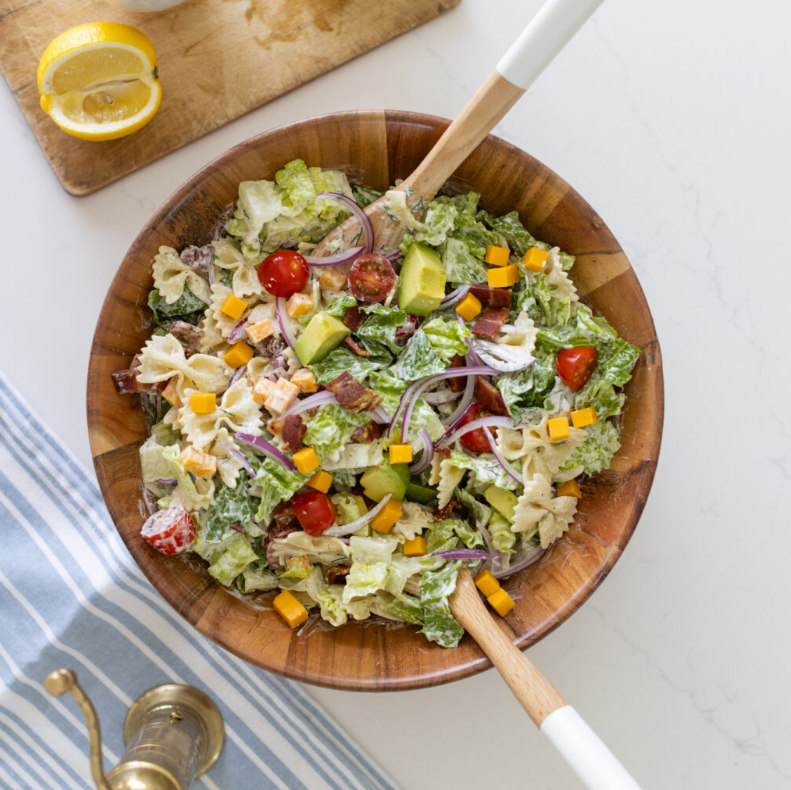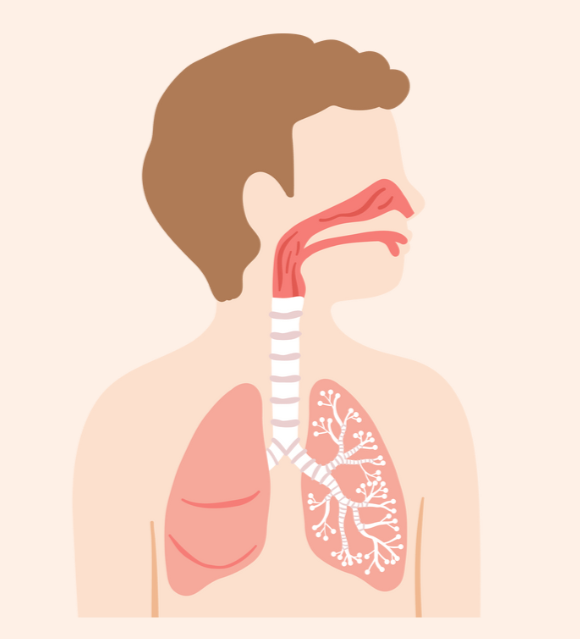
Love summer grilling but want to reduce your risk of releasing some potentially harmful health risks? Check out our BBQ tips.

DID YOU KNOW ... Grilling is healthier than pan frying because it allows the grease to drip away from the food!
Grilling is a great way to cook your meals, especially during the warm summer months. There are just a couple of things we need to look out for when grilling to ensure that we stay away from toxins that can increase potential health risks.
There is no direct evidence that grilling causes harmful health risks, but cooking meat at high temperatures on the grill releases toxins that can be linked to health risks. When grilling, there are 2 toxins to look out for: Polycyclic Aromatic Hydrocarbons (PAHs) and Heterocyclic Amines (HCAs).
Where do they come from?
- Polycyclic Aromatic Hydrocarbons (PAHs)
- Form when fat or juices from meat drip onto an open flame and burn on the grill.
- As smoke moves around in the grill, PAHs settle on whatever you are grilling and can be consumed.
- Heterocyclic Amines (HCAs)
- Form when protein-rich foods (beef, pork, fish, or poultry) are cooked at very high temperatures.
- Charred meat can indicate the presence of HCAs on your food.
The key to healthy barbecuing is to avoid charring or burning and to minimize direct contact between the food and the flame.
Healthy Grilling Tips:
- Clean your BBQ! Use a proper grill brush to remove any leftover charred bits that may be harmful. After cleaning, rub half of an onion on the grill to add flavor.
- Grill colorful vegetables to limit the quantity of meat grilled and increase your daily vegetable intake. Drizzle vegetables with olive oil, salt, and pepper, then grill for 5-10 minutes per side.
- Avoid eating charred or blackened parts of the meat.
- Pre-cook your foods using the oven or stovetop, and finish them off on the grill to reduce grill time and the risk of toxins in your food.
- Wrap vegetables in tin foil to avoid direct contact with flames.
- Marinate meats overnight or for a few hours before grilling to potentially reduce HCA formation. Marinades containing ginger, rosemary, or turmeric can help protect the meat and add flavor.
- Avoid pouring marinade onto meat while on the grill to prevent dripping and burning, which can lead to flaming and charring.
- Grill on low heat for a longer period to minimize exposure to potentially harmful chemicals from smoke.
- Trim away fat by purchasing skinless meat and removing visible fat before grilling to reduce fat intake.
- Check the temperature using a thermometer. Cook red meat to 160 degrees Fahrenheit and chicken to 165 degrees Fahrenheit, placing the thermometer in the thickest part of the meat.
If you have concerns about grilling or related health issues, consult a healthcare professional for personalized advice.




























































































































































































































































































